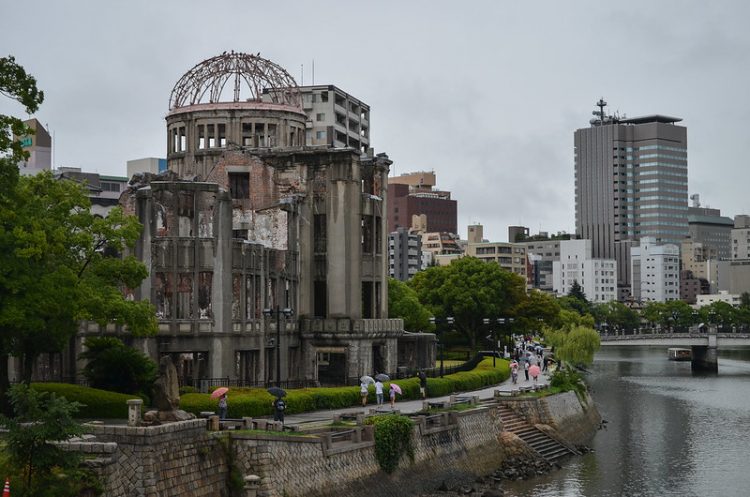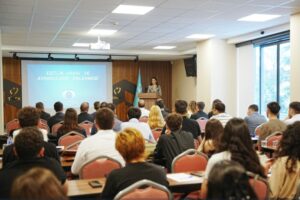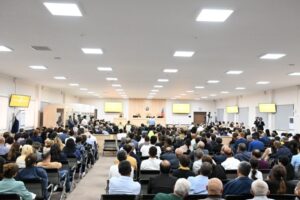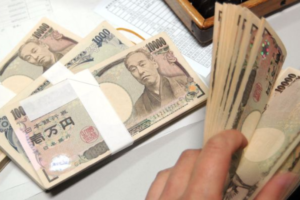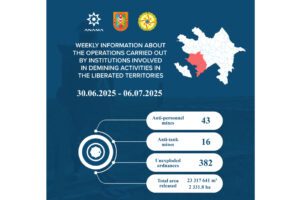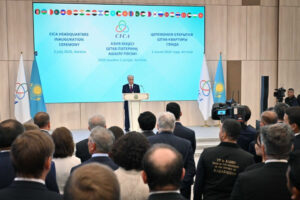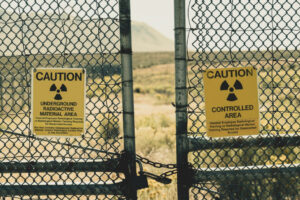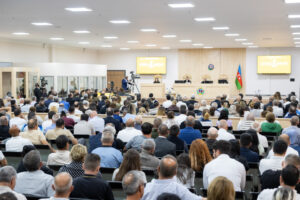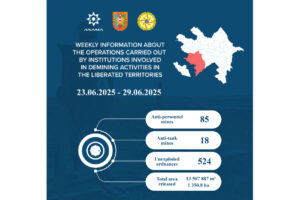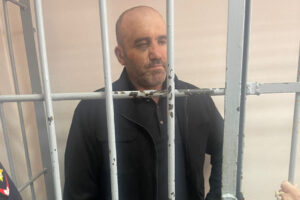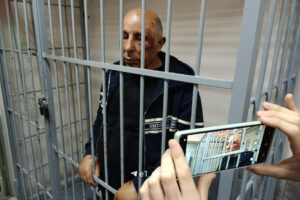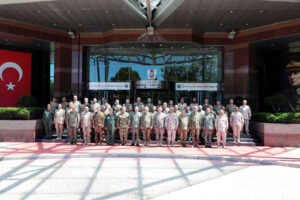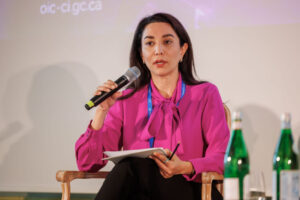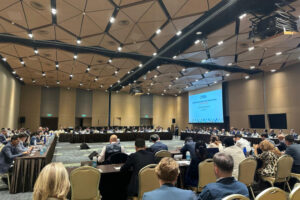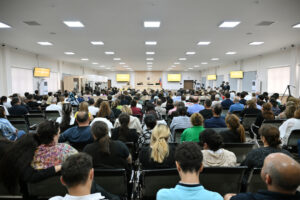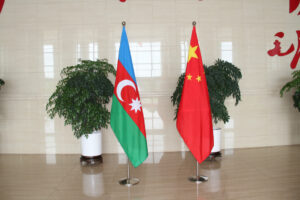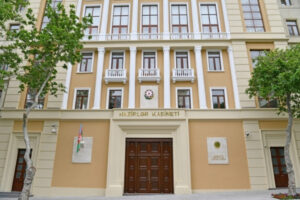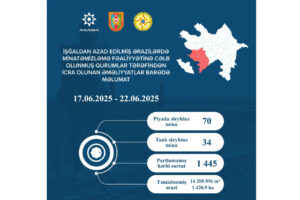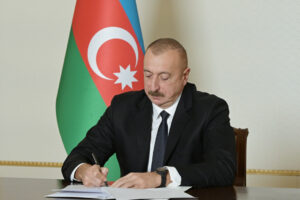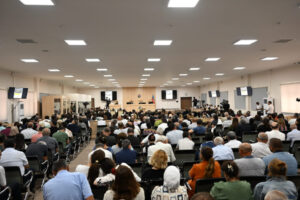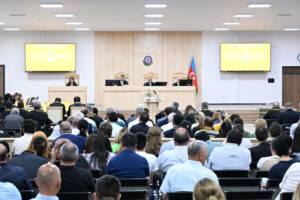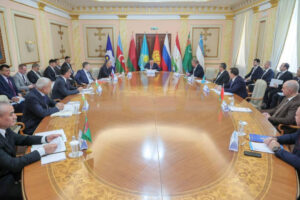Tokyo, 2 February, /AJMEDIA/
U.N. chief condemns N. Korea launch of mid-range ballistic missile
NEW YORK – U.N. Secretary General Antonio Guterres on Tuesday condemned North Korea’s launching of a medium-range ballistic missile over the weekend and urged the reclusive country to stop its provocative actions, his spokesperson said.
“This is a breaking of the DPRK’s announced moratorium in 2018 on launches of this nature, and a clear violation of Security Council resolutions,” said the statement from Guterres’ deputy spokesperson Farhan Haq.
———-
Nearly half in U.S. back diplomatic boycott of Beijing Games: survey
WASHINGTON – Nearly half of the U.S. public supports the government’s diplomatic boycott of the upcoming Beijing Winter Olympics, despite an overall low level of awareness regarding the decision meant to protest alleged human rights abuses in China, according to a recent study by a U.S. research group.
The administration of President Joe Biden announced the diplomatic boycott in early December, meaning U.S. athletes will still compete in the global sporting event but government officials will not attend.
———-
India to introduce digital currency in fiscal year starting April
NEW DELHI – India on Tuesday said the country will introduce digital currency in the next fiscal year starting in April to boost the economy, joining other countries, including China, in pushing forward with digital versions of their currencies.
Finance Minister Nirmala Sitharaman said the Reserve Bank of India will launch a “digital rupee” by deploying blockchain and other supporting technologies to promote a digital economy.
———-
Hawkish ex-Tokyo governor, author Ishihara dies at 89
TOKYO – Author and former Tokyo Gov. Shintaro Ishihara, who left his mark on Japanese politics as a staunch hawk and whose nationalistic views often ruffled the feathers of Japan’s neighbors, died Tuesday morning, his family said. He was 89.
Ishihara, who died at his home in Tokyo, was battling pancreatic cancer, his eldest son and former lawmaker, Nobuteru, told reporters. The younger Ishihara said his father “had put up a good fight against cancer but suffered a relapse in October last year.”
———-
Military-ruled Myanmar marks 1 year since coup, remains in chaos
YANGON/BANGKOK – Myanmar on Tuesday marked a year since the military ousted the democratically elected government, with the Southeast Asian country left in chaos as harsh crackdowns have galvanized groups calling for a “revolution” to end military rule.
Aung San Suu Kyi, the country’s de facto leader until the Feb. 1, 2021, coup, remains under house arrest and already faces six years in prison after being put on trial on more than 10 charges. If convicted of all charges, she could be sentenced to over 150 years in prison.
———-
Japan recommends Sado mine for world heritage despite S. Korean protest
TOKYO – Japan on Tuesday recommended a complex of gold and silver mines on Sado Island for the 2023 UNESCO World Heritage list, defying South Korean protests against the nomination of the site linked to wartime Korean labor.
The attempt to register the mine, one of the world’s largest producers of gold in the 17th century, may face hurdles. Issues dating back to World War II continue to fray ties between the Asian neighbors despite their need for cooperation in tackling the North Korean nuclear and missile threat and other challenges.
———-
New U.S. envoy Emanuel, Japan foreign minister affirm alliance
TOKYO – The new U.S. Ambassador to Japan Rahm Emanuel and Japanese Foreign Minister Yoshimasa Hayashi on Tuesday affirmed the two nations’ alliance in coping with the challenges posed by China’s growing clout and assertiveness in the Indo-Pacific region.
“The United States is fully committed to working with Japan as a full ally to counter the challenges and to realizing our shared vision for a truly free and open Indo-Pacific,” Emanuel told Hayashi in his first official face-to-face meeting with a minister of Prime Minister Fumio Kishida’s Cabinet.
———-
1st U.N. nuclear ban meeting to be delayed again to summer amid COVID
VIENNA – The first meeting of parties to a U.N. treaty banning nuclear weapons in Vienna will be postponed from its March schedule to possibly summer due to travel restrictions amid the spread of the coronavirus pandemic, an Austrian government official said Tuesday.
It will be the second such delay for the meeting of the signatory states to the Treaty on the Prohibition of Nuclear Weapons. The gathering was initially slated for January but was pushed back to spring.

